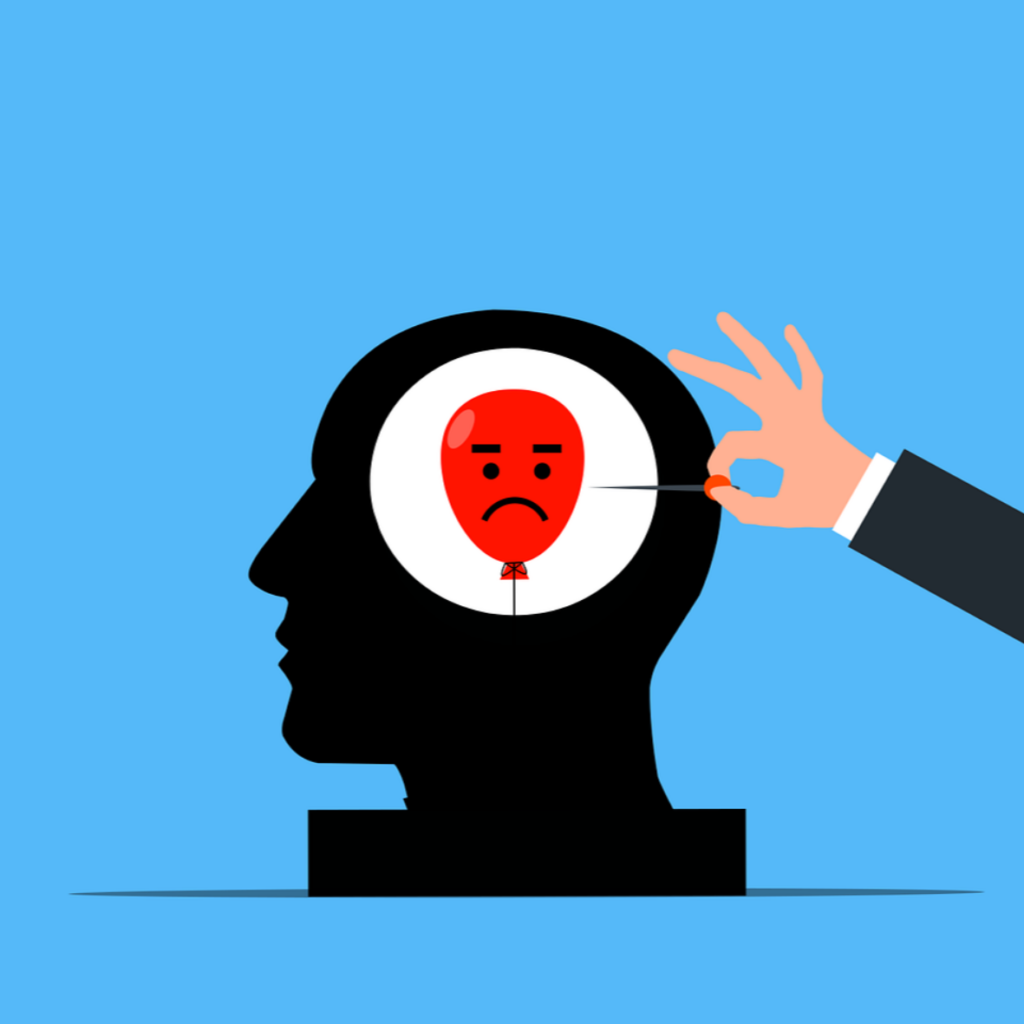Definition of emotional dependency
Emotional dependency is characterized by a constant need for validation, approval, or support from another person. In other words, it’s when you feel like you cannot be happy, satisfied, or even functional without the approval, presence, or affection of someone else. This can range from dependence on a partner, a friend, a parent, or any other person who holds significant importance in your life.
Everyone needs love and affection. It’s a normal part of the human condition. However, when this need becomes so great that it begins to negatively affect your life, such as preventing you from achieving your own dreams or aspirations, or causing constant anxiety about the other person potentially abandoning you, then it could be a sign of emotional dependency.
Symptoms of emotional dependency
Common signs that could indicate emotional dependency include:
- Constant need for approval: You tend to constantly seek approval from others to feel good about yourself. You struggle to make decisions without the opinion or approval of others.
- Fear of abandonment: You constantly fear that others will let you down or abandon you, even when you have no concrete evidence of this.
- Imbalanced relationships: You often sacrifice yourself for the sake of others, even at the expense of your own needs or well-being. You may also find yourself in relationships where you give much more than you receive.
- Difficulty being alone: You struggle to spend time alone and feel intense anxiety when you are without the company of others.
- Low self-esteem: You base your self-worth on what others think of you rather than your own self-esteem.
- Jealousy and possessiveness: You are often jealous of other people in your partner’s or the person you are attached to life. You may be possessive and have difficulty accepting them spending time without you.
- Excessive dependency: You rely on another person for your emotional, social, or even physical needs to an unhealthy or unbalanced degree.
Causes of emotional dependency
Emotional dependency can have multiple and varied causes, often rooted in an individual’s life experiences. Examples include:
Life experiences
Past relationships: A series of imbalanced or toxic relationships can reinforce patterns of emotional dependency.
Traumatic events: Individuals who have experienced trauma may sometimes develop emotional dependency as a coping mechanism.
Psychological aspects
Low self-esteem: Lack of self-confidence can make it difficult for the individual to believe they deserve a healthy and balanced relationship, leading them to tolerate dependency dynamics.
Anxiety and depression: Anxiety and depressive disorders can sometimes be linked to emotional dependency behaviors. It is important to note that emotional dependency is a behavior that can be symptomatic of other deeper psychological issues, such as anxiety disorders.
Treatments for emotional dependency
Treatment for emotional dependency is often a long-term process that involves multiple approaches.
Psychotherapy can help you understand why you feel this way and give you tools to manage these feelings, by working on:
- Skill development: Learning emotional self-regulation and stress management skills can help decrease dependence on external sources of validation.
- Self-esteem: Strengthening self-esteem is often a crucial part of treatment, as low self-esteem can be both a cause and an effect of emotional dependency.
To learn how to establish healthy boundaries in your relationships and find ways to feel more comfortable when you are alone.




